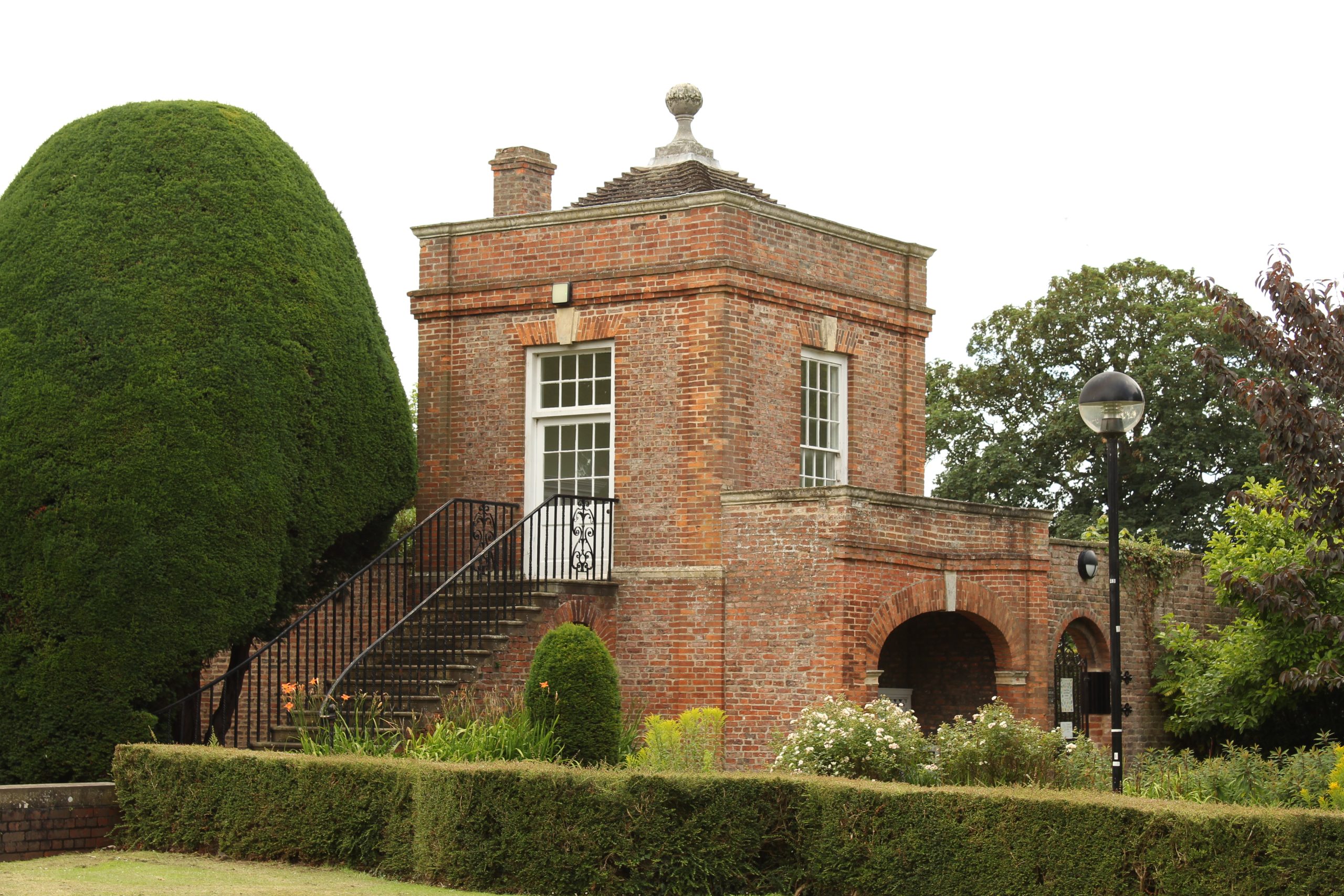I recently had the pleasure of interviewing the University of York’s Writer in Residence, Anthony Vahni Capildeo. Having requested that our discussion revolved around their position within the English and Related Literature Department at York, Anthony enlightened me on what that role encompasses. From talking about their connection with students and staff, to commemorating our beloved Longboi, these five questions unlock a personal insight into the prestigious role.
What do you feel you have brought to the role of Writer in Residence?
“As Writer in Residence, I was appointed during the pandemic so a lot of what I did at first was remote. I tried to concentrate then on creating resources such as slow readings, because I am very interested in the idea of slow reading and active silence, listening for the silence between and around things, listening to resonances.
I’ve been able to commission work from writers including new work from queer and under-represented writers and also programme events which have been like dream events of putting people together who mightn’t otherwise come together.
I hope I bring a more international dimension and I want to bring interests, place, ecology, the importance of slow attention, real attentiveness, and outward turns to the other, as well as interior time for silence and a real consideration of one’s interiority. That movement between interior and outer is incredibly important to me.
What are three objectives you want to fulfil during your time as Writer in Residence?
- To keep events hybrid and to offer the opportunity of online events both because of access – which is disability access, also economic access – but also to connect people nationally and internationally.
- To keep doing masterclasses and connecting with students so they can keep on transferring creative-critical knowledge in this way, and also activating it as a way of learning and knowing and doing and being. Actually making an example for students of how you can bring together the creative and the critical.
- I really want to be responsive to the environment I am in, so for example working with StreetLife, with J.R. Carpenter, having a day printmaking, and being available to the public was incredibly transformative for me.
Doing more in-place work is something I’d really like to do, I’m hoping with the campus, with the trees, and with the waterside before too long
What is your relationship like with the students at the University – do you feel you engage with them well?
I think it has been changing for the course of the pandemic and it’s also a question that immediately taps into imposter syndrome, which a lot of people have who are minorities in various ways. One of the things I’ve found is that the Department is both very welcoming and very politically aware at a personal level so my imposter syndrome has been getting better.
A lot of what I’m trying to do, really, is filling in what didn’t exist when I was at Oxford, so what I would have liked to exist – which is somebody who is a non-directive touchstone.
What has been the most rewarding part of being Writer in Residence at the University?
Undoubtedly being in the Department. I’ve worked in a lot of places and different types of contracts, for example full-time Cultural Fellowship at the University of Leeds, which was also wonderful in very different ways, but to be in a Department that is so full of energy and so politically aware, humane to students.
I don’t feel that voices are being left out, I don’t feel that knowledge is going to waste, that sense of really being part of a collaborative environment, even if we don’t see each other in person everyday, is really the best thing about the job.
For the students reading this, can you please pick one of your poems that you would want a young adult (16-25) to read and explain why you chose this.
(Chosen poem: ‘If There Is an Afterwards’ from Like A Tree, Walking)
From when I was in Trinidad, I was in Trinidad for the first six months of the pandemic, there was a militarised lockdown there.
I had lots of time to reflect and I was thinking towards particular friendships and how friendships don’t necessarily need a big dramatic moment, how a friendship, or a relationship with a parent or carer is the sum of a life. Even if you don’t get to say your final goodbye, or even if your last conversation is trivial or even angry, it’s the sum of sweetness, and the sum of shared silences, the sum of unuttered thoughts and just the sum of company.
As somebody who is in middle-age really, I want younger adults to read this poem and to stop a sense of acceleration and to realise how many instances have already gone into their friendships and relationships, and to have a kind of hope about durability. How we can look into each other’s hearts even when we’re far away?
And finally, a nod to dear Longboi:
Longboi was the sign of difference […] I think that Longboi was very much a muse.”
